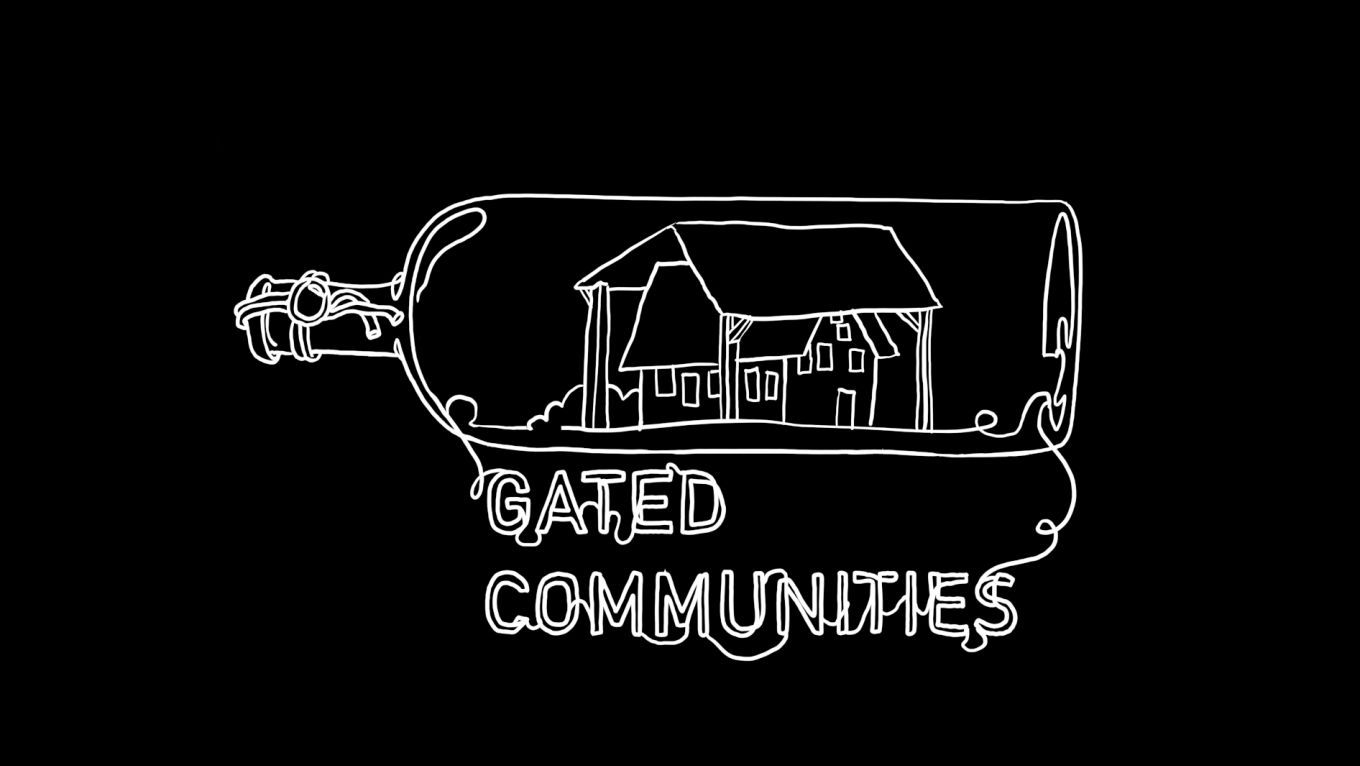Ethics, Society & Politics
#GOIBlocks - Technical observations about recent internet censorship in India
On 17th December 2014, the Government of India's Ministry of Communications and Information Technology issued an order to all licensed Internet Service Providers (ISPs) in the country to block access to 32 websites, effective immediately. The basis of this was a claim that the targeted web services were being used for "Jihadi Propaganda" by "Anti-National groups". As a response to this, a few technologists in Berlin got together and thought it would be a good idea to do some research using free and accessible tools and to look at how censorship has been implemented, as well as the various techniques that could be used to circumvent this censorship. This talk will discuss our findings and make recommendations about how ISPs can handle such censorship requests better, while being fair and transparent to their customers.
On 17th December 2014, the Government of India's Ministry of Communications and Information Technology issued an order to all licensed Internet Service Providers (ISPs) in the country to block access to 32 websites, effective immediately. Not only did the ban affect access to popular cultural sites such as archive.org, vimeo.com, dailymotion.com, but the order also blocked access to sites like github.com, pastebin.com, which are useful for all sorts of people but are especially popular with software developers.
The Ministry's order was issued following a request from the Mumbai police's Anti-Terrorism Squad on 15th November 2014. The police request argued that the targeted web services were being used for "Jihadi Propaganda" by "Anti-National groups", and were encouraging youth in the country to join organisations like the Islamic State (ISIS/ISIL).
As a response to this, a few technologists in Berlin got together and thought it would be a good idea to do some research using free and accessible tools to look at how censorship has been implemented, as well as the various techniques that could be used to circumvent this censorship. The research was conducted through January, 2015 and draws on the browsing experience of several customers of different ISPs around India as well as information gained through the use of the open source censorship measurement toolkit provided by Open Observatory of Network Interference (OONI) [1] and other manual tests we conducted. Since then, we have been able to turn this into a continued effort to monitor ISPs in India and invited others to contribute to this effort to map and understand various technical implementations of censorship orders.
This talk will summarise our key findings, including the different methods of blocking implemented by multiple ISPs.
We will also discuss and make recommendations about the different ways ISPs can better handle such censorship orders, while continuing to respect the their customers' right to access to information, and how they can be more transparent while exercising censorship orders and requests from authorities.
[1] http://ooni.torproject.org/
Additional information
| Type | lecture |
|---|---|
| Language | English |
More sessions
| 12/27/15 |
FOSS and hacker culture meeting the EU buereaucracy. What can possibly come out of that? We'll discuss what is involved for FOSS projects and other interested parties to get $$$ funding by the European Union. Hackers deal with rule systems and their execution. And the European Union issues a lot of rules which are executed by the "commission" and its employees. Within the Horizon2020 framework programme 80.000.000.000 Euros will be distributed towards research projects across Europe between ...
|
| 12/27/15 |
In recent years, NGOs have been struggling to defend civil rights in Brussels. As human rights defenders, it is part of our job to detect failures in the EU’s digital policy-making. But we rarely have the opportunity to explore the underlying reasons and to debug Europe’s kernel package.
|
| 12/27/15 |
Im März 2014 wurde der NSA-Untersuchungsausschuss im Bundestag eingesetzt, der die Verwicklungen um die deutschen Geheimdienste aufklären soll. Ein Rück- und Ausblick: Was wissen wir heute, was erwartet uns noch?
|
| 12/27/15 |
Analysis of the emission scandal shaking the German automotive industry from a procedural, organizational and technical level. Includes insight into cheating for advanced managers and code extraction from ECUs from Ebay. And from Volkswagen. Initially.
|
| 12/27/15 |
Angae means "Fog" in Korean. The term is widely used in parts of custom code used by the Red Star OS. We will lift the fog on the internals of North Korea's operating system. Our talk will provide information about how privacy is invaded for all users of Red Star OS and how an operating system designed by a totalitarian dictatorship works.
|
| 12/28/15 |
Die ASYL-DIALOGE erzählen von Begegnungen, die Menschen verändern, von gemeinsamen Kämpfen in unerwarteten Momenten – eine dieser Geschichten spielt in Osnabrück, wo seit März 2014 ein breites Bündnis solidarischer Menschen bereits 37 Abschiebungen verhindern konnte und somit für viele bundesweit zum Vorbild wurde...
|
| 12/28/15 |
The techniques to control access to the Internet, and the ability to bring transparency to those processes are both continuing to evolve. We’ll give an update on the landscape of online information controls, and our ability to measure them.
|

